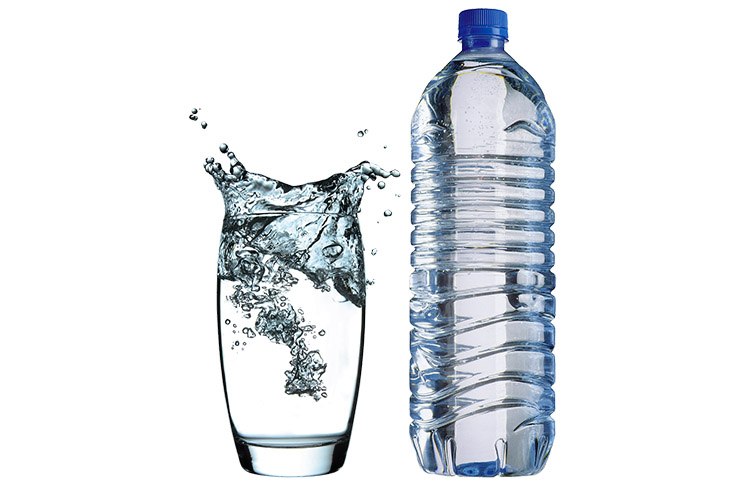Hopefully, you know by now that drinking water and the benefits cannot be overemphasised. If you still go about thirsty all day, passing out faeces might be unfair to you, worse still you might have a tear… and the rest is ugly.
But today I want to share with you and find out from you why you feel the need to patronise bottle water above all others. Some people certainly believe that bottled water is cleaner and healthier than water sourced from the tap or sold in sachets. But how true is this?
What’s the fuss about Bottled water?
Truth be told, there is no significant difference from a nutritional point of view. With careful investigation, you might find that some bottled water sold everywhere is tap water simply reprocessed to change the composition and taste. However, if you live in an area where water might be polluted with lead or nitrate content from soil or the water is passed through lead pipes or adjoined by lead solder etc., then please, by all means, take bottled water, especially for pregnant women and children. Most bottled water doesn’t (or shouldn’t) contain lead.
Interestingly, I’ve found that chefs and cooks (of course in big restaurants) prefer to use filtered water instead of the tap alternative, because of the chlorine content in tap water, because it may alter the flavour of soups and stews. Also, in long cooking times, lead from tap water gets more concentrated. This could cause lead poisoning (aka plumbism) – a build-up of lead in the body, usually over months or years.
Quick health fact
Most bottled water is not chlorinated. So if you sip from the bottle for several days, it is subject to bacterial contamination. Drink it right away; wash the bottle with soapy water if you plan to reuse it.
Assorted bottled water and what they mean
Today, we see all sorts of ‘waters’ everywhere, especially on supermarket shelves. Read on below to understand what the terms on the labels mean.
According to the FDA:
- Artesian water is a certain type of well water, collected without mechanical pumping. The well must tap a confined aquifer that has water standing much higher than the rock, gravel, or sand. An aquifer is an underground layer of rock or sand with water.
- Well-water is collected from an underground aquifer, too, but with a mechanical pump.
- Drinking water is bottled water from an approved source. It must meet state and federal standards and go through minimal filtration and disinfection.
- Mineral water contains minerals at a standard level, no less than 250 parts per million (ppm) of total dissolved solids, or minerals. These minerals must be naturally present, not added. If the level is less than 500 ppm, it will be labelled low mineral content; if higher than 1,500 ppm, high mineral content.
There’s more…
- Purified water has been processed to remove minerals and other solids. The process may be distillation, deionization, reverse osmosis, or another suitable process.
Tip: Purified doesn’t mean that purified water is any purer or better for you than tap water.
- Distilled water, which is one type of purified water, has been evaporated to steam, then recondensed to remove minerals.
- Sparkling water is water with a fizz. Either carbon dioxide is added, or water is naturally carbonated. If carbon dioxide is added, it can’t have any more than its naturally carbonated level. It can be labelled as natural sparkling water only if there’s no added carbonation. Seltzer, tonic water, and club soda are considered soft drinks, not sparkling water, and may contain sugar and calories.
- Springwater comes from an underground source and naturally flows to the surface. It must be collected at the spring or through a bored hole that taps an underground source of the spring. If it’s collected by an external (not natural force), it must have the same composition and physical qualities (perhaps carbonated) as the naturally flowing spring water.
So now we know better, the goal is to get in as much water as you can drink per day from healthy sources.
Also, remember, “Action is the proper fruit of knowledge” – Thomas Fuller, MD
Adequate nutrition is a pathway to sustainable health and wellness!
